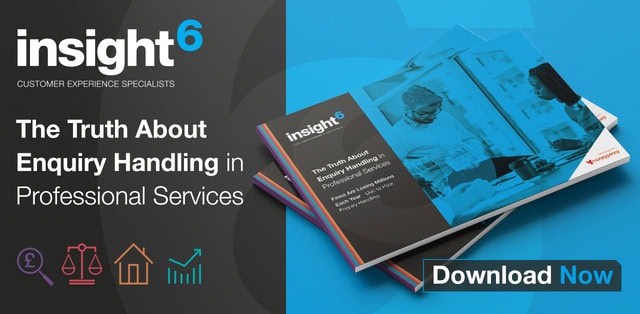The bi-annual UK Customer Satisfaction Index has just been published by the Institute of Customer Service and for the third consecutive year, Amazon tops the list. In fact, there are no real surprises in the list at all; First Direct, John Lewis, Jet2Holidays.com, Next, Subway and Aldi were all in the top ten. The bottom performers were New Look, TSB, Skoda UK and Iceland. Eight of the twenty ‘most improved’ organisations were utilities companies which is a much anticipated and welcome change and yet I can’t say I’ve had a surge of customer love from any of my utility suppliers!
According to the UKCSI July report, 28% of consumers favoured excellent customer service, even if it meant paying more, compared with 15% who were motivated by the cheapest deal.
It would appear that the statistics back up the premise that excellent customer service is worth paying for. This is good news – no news to us at Shopper Anonymous of course as most of our customer relationships are built on that very premise.
Core ingredients of excellent customer service – employee competence, attitudes and behaviour – have become even more significant differentiators,” said Ms Causon of the ICS.
“Mass marketing or a ‘one size fits all’ customer experience is delivering diminishing returns and diluting valuable customer relationships.”
So if the larger companies with huge buying power like Amazon continue to deliver excellence in customer service and a speedy delivery service, does this signal a danger bell for smaller retailers? And how much are we prepared to pay for excellent customer service?

The biggest warning bell of the decade resounded throughout the aisles of independent supermarkets and farm shops last month after Amazon finally launched its fresh grocery service in the UK. The retail giant has begun delivering groceries in 70 north and east London postcodes and anticipates offering same-day deliveries with access to high quality local stores such as Gail’s Artisan Bakery, Daylesford Organic and chocolatier Paul A Young. With the combination of same day delivery and access to quality produce, who wouldn’t want to make Amazon a ‘Prime’ friend, particularly if they offer superb customer service.
The online grocery market is expected to nearly double in value to £17.2bn over the next 4 years, according to food and grocery research body IGD, while supermarket sales will fall by nearly 3% to £69.6bn. Businesses with an online presence only such as Amazon and Ocado are expected to benefit the most from this growth in home delivered groceries whilst the current market leader Tesco, which controls about 40% of the online grocery market, could lose out.
And if same day delivery and excellent service isn’t enough to sway the average customer, the range of products might be the game-changer. Amazon is expected to have over 130,000 products which far exceeds the other main operators; Ocado boasts about 48,000 items while Tesco has about 70,000. The average Asda or Sainsbury’s superstore carries less than 40,000.
With such an impressive and reliable ability to deliver, will shoppers continue to venture out of their homes or offices to take a physical trip to the local supermarket? Certainly, in London and other large cities with a predominance of young, urban, working families, home delivery means more time to work or socialise so there is little doubt about their shopping habits. It remains a generational habit still, with many middle to older aged shoppers preferring to use the local shops and continue with decade-old habits.
Survival techniques for the smaller retailers are many and varied with some local supermarkets near me organising day trips out and excursions to West End shows, in addition to cooking demonstrations from Celebrity Chefs. Seasonal and social occasions are being promoted as a way of enticing customers into the store and buying loyalty.
Other independent retailers offer loyalty programmes and their own home deliveries with personal touches.
Amazon may have plans to take over the world and they may have the winning formula to do so, but the independents will fight a worthy battle if they continue to value their customers on a personal level; something Amazon simply cannot do.
Jonathan Winchester, Chief Executive, Shopper Anonymous (UK) Ltd



0 Comments